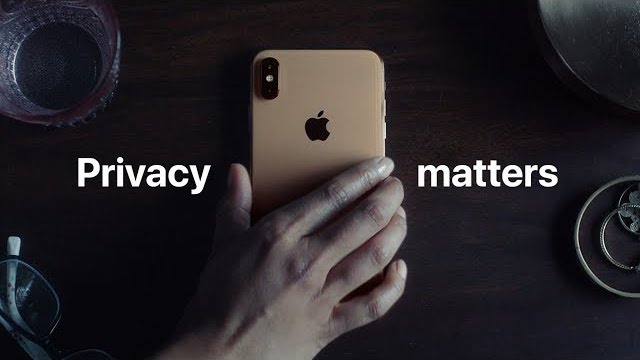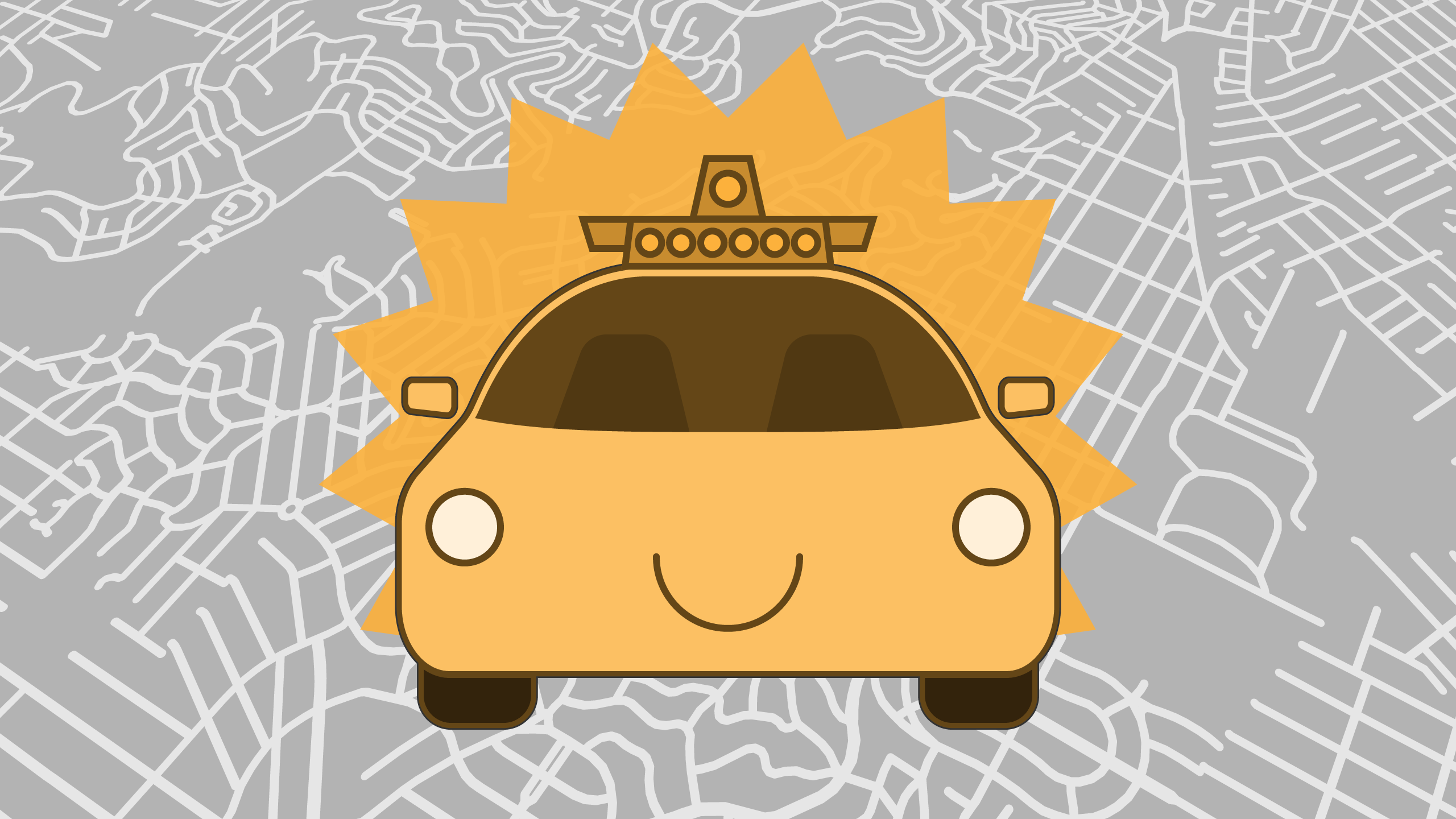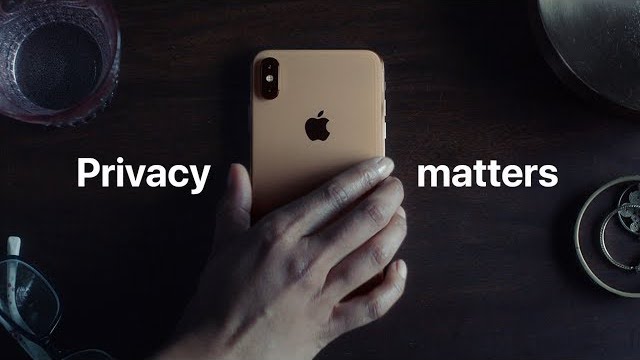
Secure your startup’s future by watching the big corporations
Welcome to Startups Weekly. Sign up here to get it in your inbox every Saturday morning. Starting next week, it moves to Fridays at 12 pm PT.
As a startup founder, wouldn’t it be awesome if you could predict the future a little bit more than you currently do? It turns out you can: By paying close attention to what the behemoths in your space are doing. Last year’s AWS Re:Invent set the direction for a lot of what Amazon is doing this year — including where it invests. Re:Invent 2023 is coming up soon.
Google I/O revealed that Google is investing heavily in computational photography, large language models and all things AI. As a startup, you can use these data points and draw a line into the future: Can you align yourself with the big-picture trends? Are you missing anything?
This week, at Apple’s worldwide developer conference WWDC, the company took the wraps off its AR/VR headset. Priced at $3,500 it won’t be a commercial success, but as a startup, you’d be very silly not to pay attention: It is a complete game-changer for startups.
Startup valuations are taking a pounding
After a frothy few years of don’t-call-it-a-bubble, it seems like the inevitable market correction is here. We’ve seen wave after wave of tech layoffs, and it seems like investors are starting to take a more realistic view of their investments, starting to mark them down.
Marking down an investment doesn’t necessarily mean drama; it refers to the common process of adjusting the value of an investment asset to reflect its current market value. In the case of VC, that often happens if the valuation turned out to be a bit on the optimistic side. Investors will typically mark down investments to avoid overstating their portfolio’s worth. In a nutshell, it’s best practice to acknowledge potential losses before they are realized. That’s what is happening now — and perhaps should have been happening for a while, as Rebecca argued late last year, when she noticed that a bunch of startups had quietly marked down their own valuations.
Jeremy Abelson and Jacob Sonnenberg, both at Irving Investors, argue that if you haven’t yet, you probably won’t grow into your 2023 investment valuation.

Image Credits: Bryce Durbin/TechCrunch
Just in the past few weeks week, we had another handful of examples of this:
- Reddit gets a reread: Manish reports that Fidelity cuts Reddit valuation by 41%.
- Canva gets redrawn: Connie reports that Rowe Price has marked down its stake in Canva by 67.6%.
- NestAway moves to a smaller apartment: NestAway, once valued at over $225 million, sells for $11 million, Manish reports.
Life is a highway
The EV space is exploding (sometimes literally) at the moment, and there seems to be a huge amount of stuff in motion in the world of transportation.
Mercedes just got permission from the state of California to start selling a car that can self-drive without having to hold the wheel or look at the road. No doubt this’ll set Elon Musk’s little temperature gauge to “furious” as the company’s cars do attract a federal tax break but come up short on the self-driving front in its native California.
Price is often brought up as a major hurdle for EVs, but Volvo snuck out a small SUV that can cruise along for 275 miles and has a sub-$35,000 price tag. That still isn’t pocket change, but it’s a lot cheaper than a lot of the EVs on the road. Meanwhile, Fiat showed off a city vehicle it’s working on that made both Harri and myself squee with delight.
Safety is another theme across TechCrunch’s transportation coverage: Smarter cars should, in theory, mean safer roads. In practice, Waymo had to explain why one of its autonomous Jaguars ran down a dog in San Francisco last month, and Transportation’s National Highway Traffic Safety Administration (NHTSA) recently proposed a rule that means all new cars and trucks would need to have emergency systems that “would have to be capable of stopping and avoiding contact with a vehicle at speeds of up to 62 miles per hour.”
Remember what we said about legislation driving innovation and opportunities for startup? That proposed NHTSA rule falls into that category. Thought experiment: Could your company tap into that shift somehow?

Image Credits: Bryce Durbin/TechCrunch
- Fun, fun, fun, until daddy takes the ID.Buzz away: Kirsten reports that Volkswagen targets cool with a new American-sized ID.Buzz.
- Wheelbarrow-sized EV: Harri reports that Arcimoto’s latest teeny-tiny EV is all work and no play.
- Well they trucked that one up: Rebecca reports that Nikola’s bid to increase shares stalls after failing to get enough shareholders to vote.
Apple sets the pace
While Apple isn’t really a startup, it is the world’s first $3 trillion market cap company, so in a week where our servers have been melting from all of the exciting news that came out of the WWDC keynote, I wanted to highlight some of the things that are most interesting to startups and startup founders.
One thing worth paying attention to is the Apple Design Awards, which often foreshadow large trends in design and user experience best practices — along with what the Cupertino-based software giant celebrates at the moment.
Another trend worth paying attention to from Apple is its focus on health and safety: It released a check-In feature to ensure people get home safe, a nudity filter to shield you from unsolicited real-life aubergine emoji and mental health mood tracking. All of that is specific to this WWDC, but it continues a trend: Fall detection, car crash detection, ECG to detect heart events, and lots of other health and safety indicators. It has made it easier to find and disable AirTags that might be used for stalking, and a Safety Check and lockdown mode, which takes your iPhone off the radar to get away from an abusive partner (more from our security team here).
As a startup, all of the above should give you pause for thought: There are big trends at play here that Apple clearly wants to continue to invest in. Apple has gone heavy into the privacy of your data, and leaning into security, safety, mental and physical health and more. Build something truly innovative in these spaces, and you have the world’s most valuable company validating that these are problems worth solving.

Image Credits: Apple
- Dude, where’s my cell tower: Apple watch can now tell you where you last had cell coverage.
- What’s a pirate’s favorite head-worn display? ARRRRRR: Kyle reports that Apple acquires Mira, a startup building lightweight AR hardware.
- You get a beta, you get a beta, everyone gets a beta: Ivan reports that Apple is making developer betas free and accessible to everyone.
Top reads on TechCrunch this week
- From zero to AI hero: Sarah reports that AI, the a16z-backed chatbot startup, tops 1.7 million installs in first week.
- How AI is too much AI: “Lots of existing investments started pivoting into AI — roughly two companies every single month,” Day One Ventures founder and general partner Masha Bucher told Anna, as she wonders whether AI is ever too much AI. (TC+)
- The highs and lows of Snapchat’s AI: Amanda reports that Snapchat’s AI bot isn’t very smart, but at least it won’t send nudes, while Morgan reports that parents worry while teens are bullying Snapchat’s AI.
- As the weather is heating up, it’s time for shorts: Sarah reports that YC-backed Dumme raises $3.4 million for its AI video editor turns long-form YouTube videos into Shorts.
- From Series A to Plan B: Becca explores why Heroes Jobs chose to sell itself, rather than raising a Series A. (TC+).
- A shift in gig work: Rebecca reports that gig workers in California to receive millions for unpaid vehicle expenses.
- Health is skin deep: Paul reports that GetHarley, a skincare telehealth and consultation platform, raises $52 million.
Get your TechCrunch fix IRL. Join us at Disrupt 2023 in San Francisco this September to immerse yourself in all things startup. From headline interviews to intimate roundtables to a jam-packed startup expo floor, there’s something for everyone at Disrupt. Save up to $600 when you buy your pass now through August 11, and save 15% on top of that with promo code STARTUPS. Learn more.


